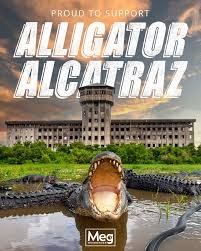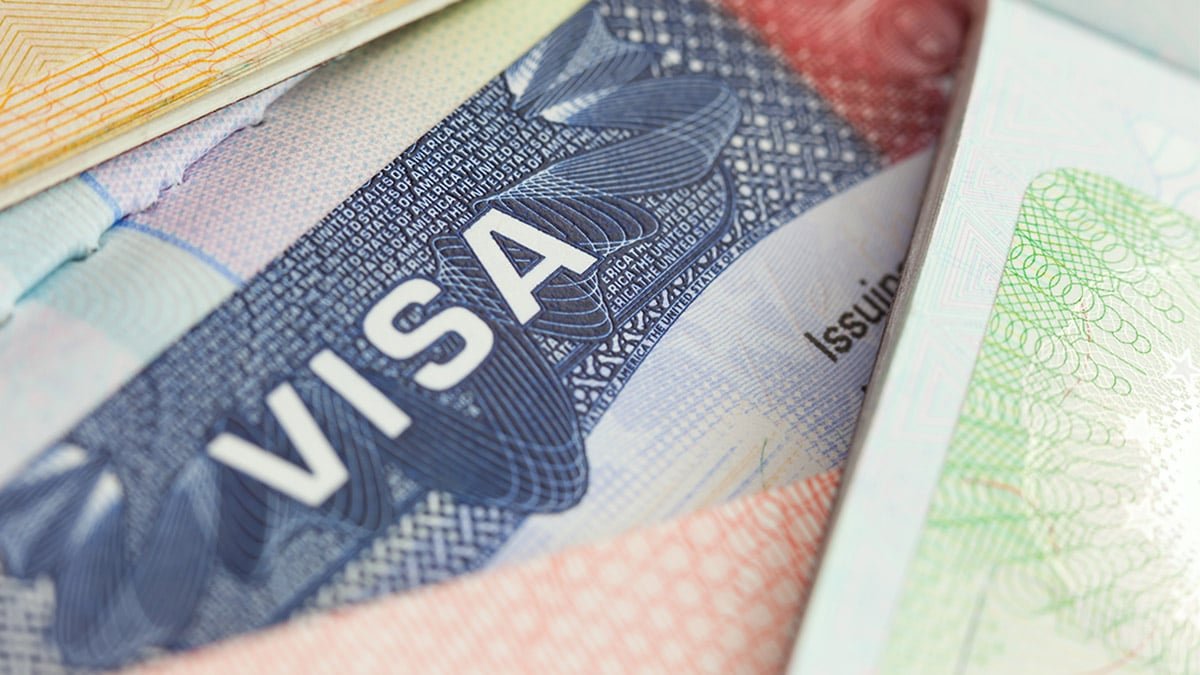In a bid to further intensify his hardline stance on illegal migration, President Donald Trump has embarked upon the construction of a detention facility christened the ‘Alligator Alcatraz’ to hold illegal migrants.
All You Need to Know About The ‘Alligator Alcatraz’
The “Alligator Alcatraz” is a controversial migrant detention facility currently under construction in Florida’s Everglades. It is situated at the remote Dade-Collier Training and Transition Airport, a defunct airstrip in Big Cypress National Preserve.
The facility, which is being built under emergency powers invoked by Florida Governor Ron DeSantis and Attorney General James Uthmeier, is designed to detain up to 5,000 undocumented migrants. The facility is composed of prefabricated tents and trailers and is scheduled to begin operations in July 2025.
Also Read:
The US government, through FEMA and the Department of Homeland Security, is providing logistical and financial support for the project, costing an estimated $450 million annually.
The nickname “Alligator Alcatraz” comes from the facility’s extreme isolation and the dangerous wildlife in the surrounding wetlands, including alligators, pythons, and crocodiles being touted as deterrents to escape. Speaking on this peculiar location, Uthmeier remarked that escapees would find “nowhere to go, nowhere to hide” other than swamps filled with predators.
Criticism of the Project
Environmentalists have condemned the development for being located in a protected wetland vital to the Everglades ecosystem. It threatens endangered species such as the Florida panther and American crocodile.
Indigenous groups, including the Miccosukee and Seminole, have also denounced the facility for encroaching on sacred and culturally significant land without consultation. Legal and human rights advocates argue the camp represents a dangerous erosion of due process and humane detention standards, particularly given its extreme heat, lack of public oversight, and use of wildlife as a security mechanism.

























